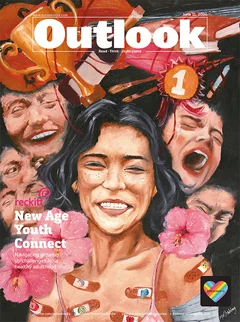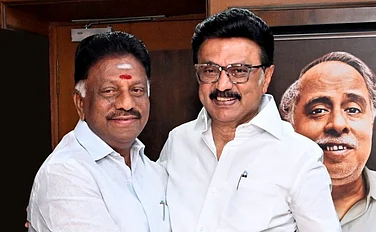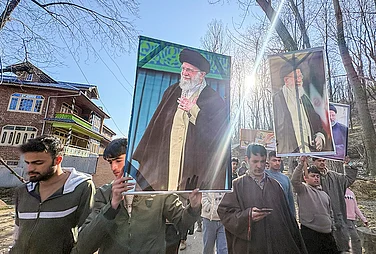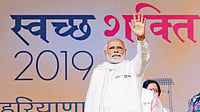From the shadows of an unjust past to the vibrant marches of Pride parades, the LGBTQIA+ community has indeed come a long way. The community is employing both its voice and the verve to secure its rights. On the back of its unrelenting struggles within and outside courtrooms, the community has already scored many remarkable wins, translating into judicial legitimacy and social recognition and even making a mark in different walks of life ranging from the government to the private sector.
It has been a long journey to overcome a miasma of social scorn and rejection that shrouded the recent past of the community. The year 1990, which saw the launch of Bombay Dost, proved to be a turning point for the LGBTQIA+ movement. The pages of this periodical echoed with the long-suppressed voices of this socially ostracised community. Most importantly, it gave them recognition, visibility and the confidence that it was in their power to redefine their destinies.
However, Bombay Dost went beyond being just a media platform helping community members to connect and communicate. It led the fight against patently discriminative legal provisions, especially the draconian Section 377, which criminalised homosexuality. While Bombay Dost may not have led to an immediate transformation of their lives, it laid the foundation for safe, private conversations and an open atmosphere that was to shape the community’s future.
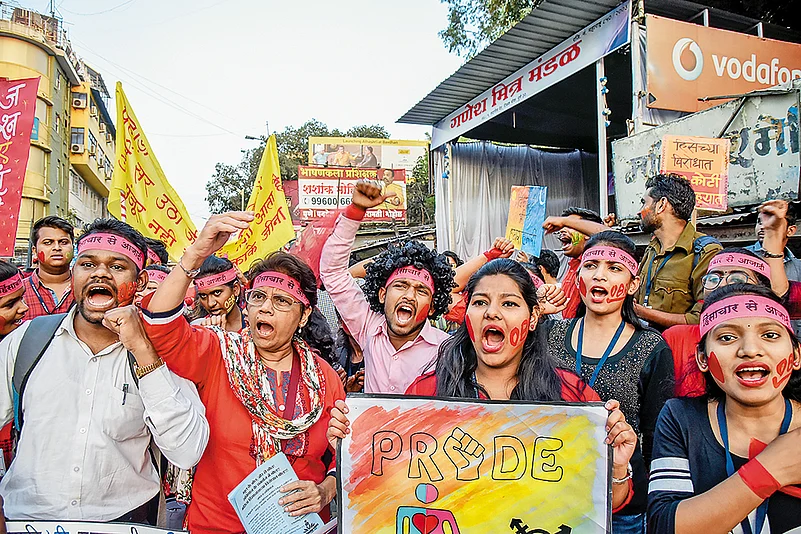
In the years that followed, LGBTQIA+ leaders continued their dogged struggle for legal recognition of the community, which culminated in the landmark Transgender Persons (Protection of Rights) Act, 2019, a historic achievement that opened its path to equality. The legislative steps that followed this breakthrough further strengthened LGBTQIA+ rights. Alongside notable legal victories, social attitudes towards the community too witnessed a gradual change for the better as reflected by the much higher visibility of the LGBTQIA+ community across mainstream media, pop culture and public discourse.
The progress transcends the realms of judiciary and society and is becoming increasingly evident in the corporate world as well. Businesses in India are working towards creating equal opportunities, recognising the importance of inclusion and diversity. They have taken down creaky old HR structures and created in their place liberal and open workplaces that are fundamentally opposed to discrimination based on gender or sexual orientation, translating into a welcoming environment for LGBTQIA+ employees.
It would particularly help to include LGBTQIA+ issues in school curricula and, thereby, sow the seeds for generations of tolerant, open-minded and liberal citizens and usher in an era marked by understanding and acceptance
Going beyond responsible HR practices, the Coalition for Reproductive Justice in Business, which is a forum for companies in the private sector to share their strategies for addressing the diverse reproductive health needs of employees, has formulated measurable indicators to help businesses track and record their wins and establish accountability through ESG frameworks.
Undoubtedly, the community has made significant progress, but the destination is still a fair distance away, and the road ahead is fraught with challenges. The existing anti-discrimination laws, though well-meaning, are deficient. There is an irrefutable need for a broader legislation to ensure comprehensive protection.
Going ahead, among the priorities for the future are to run well-designed and targeted campaigns to turn the tide of public opinion. It would particularly help to include LGBTQIA+ issues in school curricula and, thereby, sow the seeds for generations of tolerant, open-minded and liberal citizens and usher in an era marked by understanding and acceptance, as was the case in earlier times in India. Faded chronicles of art, mythology and history cutting across cultures are replete with references ranging from gender fluidity to the broad acceptance of hijras as a legitimate third gender, who even held important positions in and outside the courts of power.
Just as important is to explore structural options to catalyse progressive changes. Working towards better representation for the community in the corridors of political power can push for affirmative policy action. Though the ideal world is often beyond the horizon, the progress made thus far must inspire the community and its leaders with hope for the future. Clearly, with resilience and a sense of purpose, the destination is far but definitely not beyond reach.
MORE FROM THIS ISSUE
Gaurav Jain is Executive Vice-President, Reckitt










